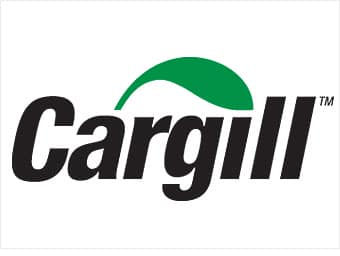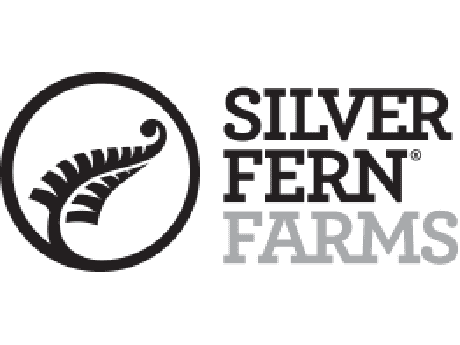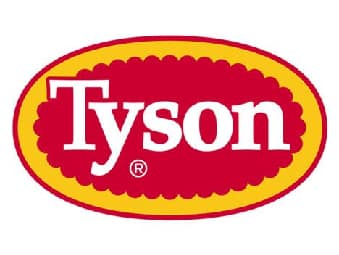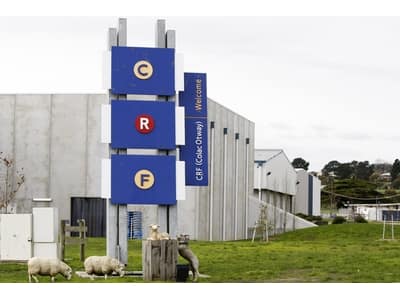“The Anago Sharpness Tester has been instrumental in achieving significant improvements in knife sharpness and usability throughout the facility.”
Brian Bramschreiber, Safety Manager, Cargill Meats, Ottumwa Iowa, USA
THE COMPANY
Cargill is a multinational provider of food, agricultural and risk management products and services with around 75 business units. Their export quality processing plants produce a premium line of all natural, antibiotic free products including a number of branded product lines.
THE PROBLEM
Brian Bramschreiber (Safety Manager at the Cargill Meats Pork operation in Ottumwa, Iowa) wanted to achieve higher levels of employee safety and health by assisting employees in maintaining their knives at a better sharpness level.
Cargill had historically been reliant on the traditional subjective sharpness testing techniques, and it was hoped that by giving staff access to accurate, objective and quantifiable data, it would be possible to improve the consistency and overall sharpness level of knives used in the facility.
THE SOLUTION
When management of the Cargill Pork operation heard about the results their colleagues were getting from the Anago KST200e Sharpness Tester, they were keen to give it a try.
“We had heard great things about it from our High River facility, in Canada” says Brian Bramschrieber, Safety Manager at Cargill Meats, Iowa. “They recommended that everyone in the group should have one” he adds.
Cargill now uses the KST200e Sharpness Analyzer in both the knife room and on the production floor. The emphasis has been on empowering staff to take control of their knife maintenance technique and routine.
The Sharpness Tester has been an integral part of the operation for around three months. In addition to its regular use in the knife room, the analyzer also provides a way to troubleshoot problems on the production floor. “If someone is struggling with their knife, we bring the knife to the safety office, test it on the KST200e and obtain a sharpness rating”, say Brian. “From that data we can determine what remedial action needs to be taken”, he adds.
THE BENEFITS
Brian believes that the Anago Sharpness Analyzer has been instrumental in achieving significant improvements in knife sharpness and usability throughout the facility. “Employees that I’ve worked with have experienced a noticeable difference in what they can do”, he says. “This has had a flow on effect in terms of staff health and morale.” Brian has also found that employees that previously struggled with their knives go home happier now they have a way of addressing it.
The rapid improvements experienced by staff have motivated them to take ownership of their knife maintenance, rather than seeing it as something that’s beyond their control. Brian believes that the improvements have been driven in most cases by a heightened awareness of the benefits that come from regular care and maintenance. “There have been some instances where we’ve had to review technique and retrain an employee on their knife handling skills, but most of the issues have centred around the proper care of the knife during the day”, he explains.
Although it’s too early in the process to have formed a definitive opinion, Brian believes that proper application of the Anago KST200e Sharpness Analyzer could even extend the life of each knife by reducing the number of times they need to be reground. “I can think of several instances where we’ve checked the sharpness of a knife that has come in from the floor, but it did not really need to be reground”, he says.





